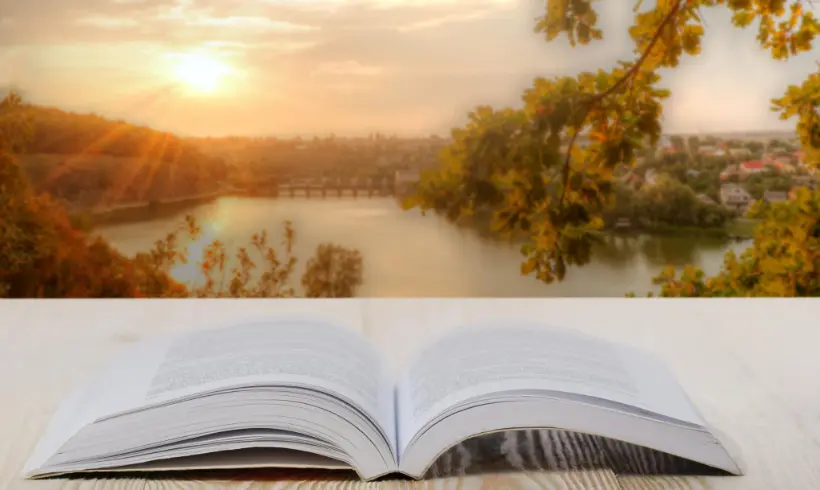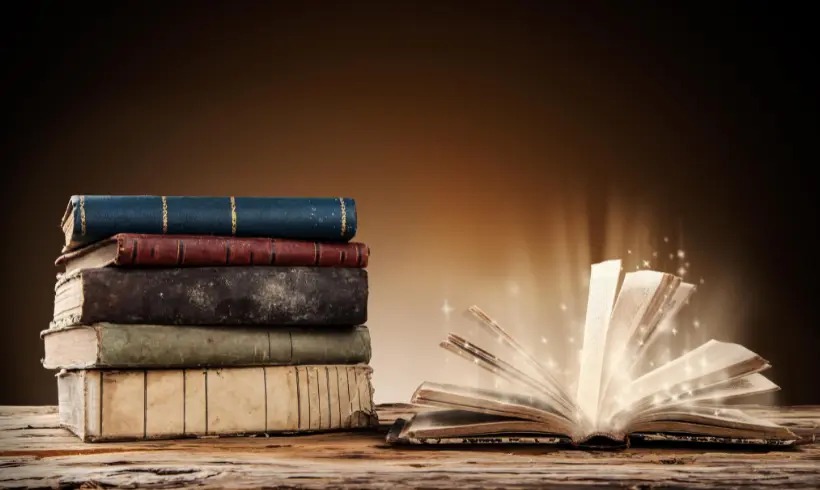Below you will find all the information you need about the novel as a literary genre, including its origins, characteristics, and the definition of each of the subgenres that come from this type of prose.
The novel is one of the most popular genres of literary fiction, and the one with the longest narrative prose.
Some of the most important writers in history have turned to novels to address issues of human life and to express their vision of the world.
Within the novel, there is a wide variety of subgenres that have developed over the years. Their essence is driven by the themes they address and the narrative devices they use.
At the end we invite you to visit:
| Best Books: The Best 20 Novels [Paid]
What is a novel?
The novel is a long prose fiction narrative that describes human experience from an imaginative perspective.
Generally, the novel is constructed from a series of events that are connected to each other and involve characters in specific contexts. Novels are part of the art of “devising” through the written word.
If a narrative is long enough to be considered a book, then it can be said to be a novel.
Ultimately, the purpose of these works is to generate pleasure in the audience and challenge their intelligence, through their most representative mechanisms.
The length of the novel gives the author a great deal of freedom to incorporate elements, characters, intersecting stories, etc.
In addition, the novel may incorporate other types of texts, such as documents, legends, poems, etc., which add a more complex characteristic to the genre. Currently, a standard novel must have more than 50,000 words.
Origin of the novel
The word novel is derived from the Italian novella, meaning “modern,” “new” or “tale of something new. Some early novelists, including Ann Radcliffe, chose to use the term romance to refer to their long stories.
The origins of the novel are believed to date back about 2,000 years to the Greek and Roman epics.
In addition, the Italian Renaissance tradition and chivalric romance were styles of storytelling that greatly influenced its development
Although it is one of the oldest literary genres, it was not established until the Middle Ages.
To learn more about this topic see our article Medieval Literature: Characteristics, Authors and Works.
Some of the most important precedents of the genre were:
- The Tale of Genji, written by Murasaki Shikibu, is a literary work of Japanese origin, which is considered one of the oldest novels in history.
- During the eleventh and twelfth centuries, long narratives in verse began to appear, which were written in the Romance language. Because of this, they received the name of “romances“.
- Blanquerna and Felix were one of the first western novels. They were written by Ramon Llull in the 13th century.
- In the 14th and 15th centuries, the first romances written in prose were published. They dealt with themes of chivalry, but without rhymed verses.
During the 15th century, in Spain, the sentimental novel, a subgenre within the epic genre, was created.
The novel as a literary genre
Don Quixote is the masterpiece that marked the beginning of the modern novel as we know it today. Cervantes created a fiction, with humor and innumerable narrative devices.
Don Quixote points to the criticism of a society that in many aspects is still in force and sets the tone for the rest of literature throughout the centuries.
The novel in popular culture
However, although there are enough precedents to affirm that the modern novel comes from a long evolution of long stories dating back hundreds of years, the truth is that the literary genre landed in popular culture at the end of the 18th century.
At this time, the middle class was growing, so there was more money and time to access books.
In ancient times, long stories did not focus precisely on human character. This changed with the formal advent of the novel, as diaries, autobiographies, biographies, etc. also became popular.
In the United Kingdom, early novels focused on the struggle of members of the middle class against life circumstances and morality.
Authors such as Samuel Richardson and Daniel Defoe became the first authors to create complete novels in England. Romanticism would form an essential part of the novel’s transition into the 19th century.
In this period, authors put emotion and intellectuality aside to focus on imagination and nature.
During the Victorian era (1837-1901), the novel and the short novel were the predominant literary forms.
After the arrival of industrialization in the 19th century, a trend towards realism and naturalism emerged, in which pessimism and difficult circumstances would gain strength until the 20th century.
Essential characteristics of the novel
As with other literary and artistic genres, the characteristics of the novel are often a matter of debate in academia. However, we will show you the characteristics that are common to many experts.
Prose writing
Novels are written in prose, that is, the components of the work do not fall into the poetic format. Therefore, the novel lacks rhythm, meter, periodicity and repetition.
Many novels may use verse for aesthetic purposes, but in these cases it is well distinguished that it is a narrative device, since the general style is prose.
Length of the literary work
Length is probably the most distinctive characteristic of the novel. Generally, a story between 60,000 and 200,000 words is considered a novel.
However, it is important to note that the length of the work will depend largely on the content of the story.
Fiction focused on plausible themes
Although the novel is a fictional genre, the narrative is endowed with realism and the facts are presented in a coherent manner.
This is due to the characters, the coherence between the events of the story and the relationships shown in it. In this way, a kind of logic is created in which science fiction and fantasy also have a place.
Plot and character development
The plot is all the facts or events that take place during the course of the story.
Usually, it is given by a conflict posed by the writer and develops from different situations faced by the characters.
Because of its status as a “realistic” story, the novel may also require extensive character development.
In many cases, different characters with different points of view and personalities are shown within the plot. However, the development of a character will depend on the specific characteristics of the story.
Subgenres of the novel (Types of novels)
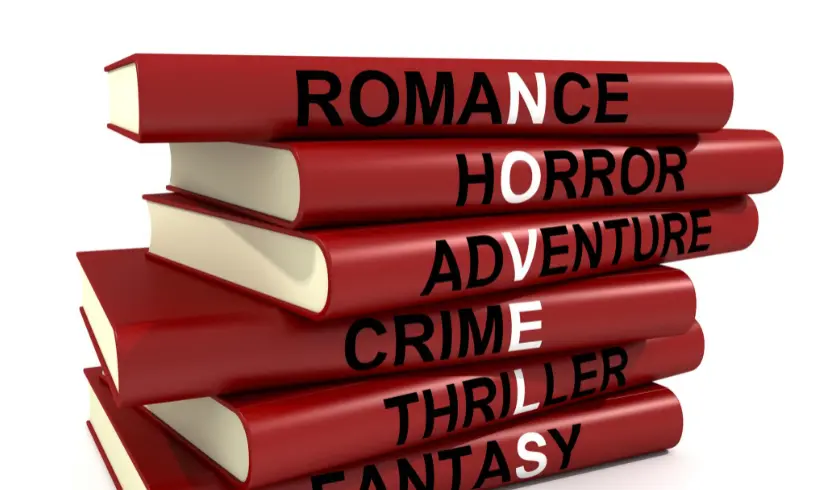
The novel of chivalry
It is a subgenre characterized by showing the adventures of knights in a heroic way.
Here the narrative is focused on exalting the chivalrous struggle for just causes and the favors granted to ladies through romance.
The structure of this subgenre is quite flexible, as it prioritizes events rather than characters.
| Here everything you need to know about Novels of Chivalry
The didactic novel
Also known as “evolution novel”, the didactic novel is a type of narrative in which the author seeks to leave some teaching or reflection on a specific topic.
This style emerged during medieval times, when allegories were common in stories. Roman de la Rose (1225-1280) is one of the most important works of the subgenre.
The epistolary novel
The epistolary novel is a prose story which is composed of epistles or fictitious letters. It is divided into two types: the monophonic, composed by a single sender, and the polyphonic, in which several characters are the senders.
In this type of narration the first person singular is used and the narrator has no active participation.
The historical novel
A work of fiction that recreates a specific period of history (preferably ancient) and whose action exists on the basis of non-fictional events and characters.
This subgenre was born in the midst of the Romanticism that reigned during the 19th century. Walter Scott inaugurated this narrative style with Waverley (1814).
The adventure novel
The adventure novel tells the story of the protagonist’s travels and experiences in extraordinary and adrenaline-filled situations.
Generally, the protagonist of this type of story is a hero who recounts his triumphs and exploits. In addition, the setting is usually out of the ordinary and unexpected twists and turns are the order of the day.
The science fiction novel
Science fiction is a narrative literary genre in which the story develops from some advance in the field of science and technology.
The plot can take place in the present or the future and usually has a significant impact on the lives of individuals and society as a whole.
The horror novel
It is one of the subgenres of the epic novel, and its main characteristic is the need to create fear and other similar emotions in readers.
Within the horror novel there are other narrative styles, such as gothic horror (a variant of the classic horror story). In general, these stories recreate supernatural or fantastic situations.
The dystopian novel
It is a literary genre associated with science fiction literature in which a future world is presented in which individualism is completely annulled in favor of a vision of a “unified society”.
The plot can develop from a totalitarian government, technology as a monster that overrides society, or any nightmare in which no one can break the rules.
The romance novel
Also known as a pink novel, this novel narrates the experiences of two lovers on their way to happiness.
In this type of story, the narrator usually uses conventional settings and characters, and the plot includes some kind of problem that the protagonists must overcome before love triumphs over adversity.
The detective novel
The detective novel, also called crime novel, detective novel or detective novel, is a literary genre whose beginnings date back to around 1840.
The protagonist of these stories is usually a detective, private investigator, journalist, lawyer or amateur detective, who interviews different characters involved in solving a crime.
We hope this information has been of great value. Knowing what the novel is and what its types are can help you a lot to enrich your background as a writer and/or reader.
If you are looking for inspiration, want to study a subject in depth or just want to feel the pleasure of reading, then we invite you to take a look at our extensive collection of +3,500 free books.
Other articles that may interest you

In the following article, you will find all the elements that make it possible to build the structure of a…

If you want to know the definition of a romance novel, its origins, and its main characteristics, this article is…

In the following lines, we tell you everything you need to know about the crime novel, including its main characteristics,…
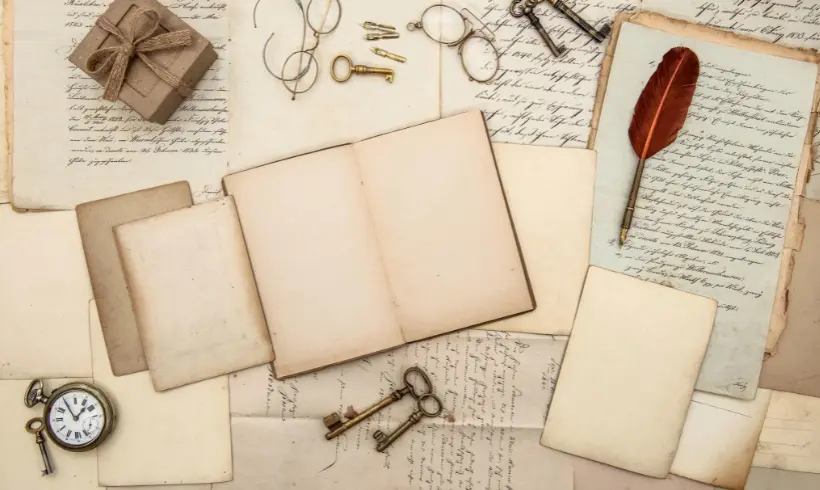
The epistolary novel is one of the most influential literary styles in history. In this type of work, the story…

In this article, you will find the literary genre to which the novel belongs, but only after knowing the importance…

Whether to entertain or escape reality, we look for good stories to connect with our emotions, such as the satisfaction…

Below, we've compiled for you our top 10 novels that were made into movies. If you've made it to this…

Below, you will find our top 10 novels you should read. We are clear that many titles from our list…

This article contains all the information you need about adventure novels, from their origins and most relevant characteristics. In addition,…
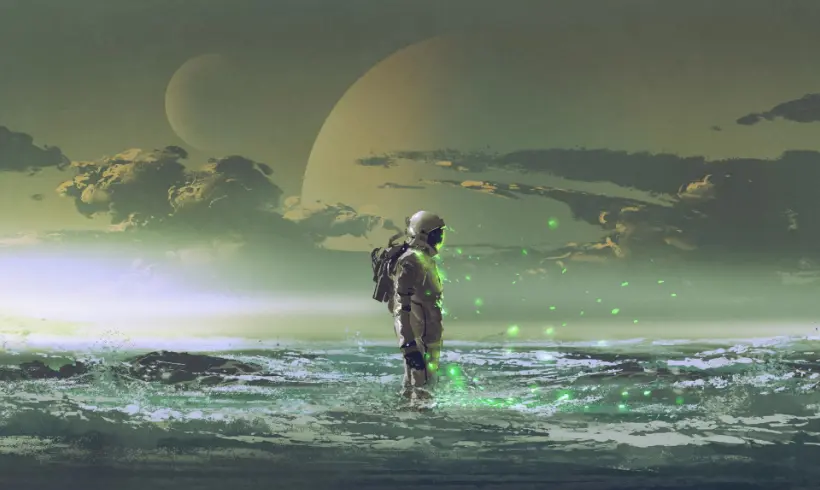
In this article, we will explore the science fiction novel, its meaning, origins, most important characteristics, and you will learn…
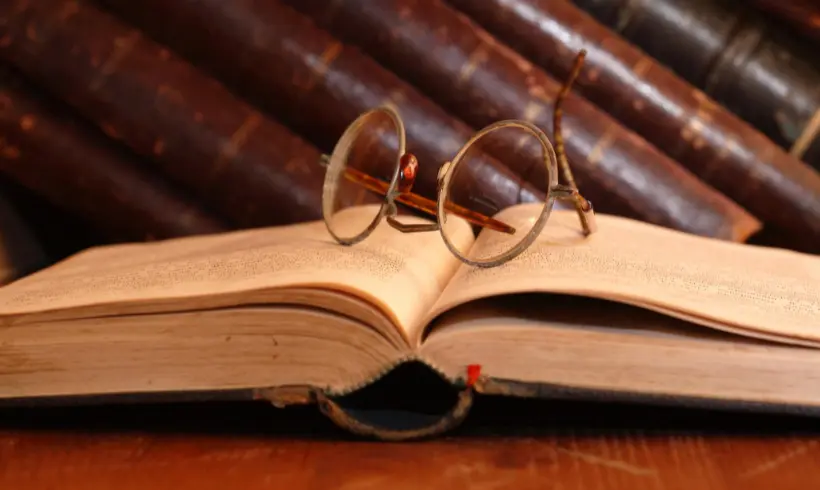
In this article, we will show you the most important characteristics of the didactic novel, its most important works, and…
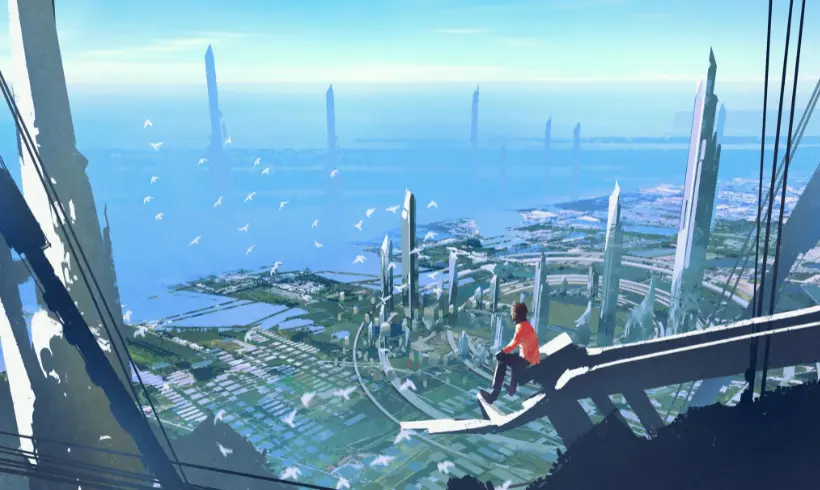
What is the dystopian novel and what characteristics differentiate it from other novels? When did this style originate? What are…

In this article, we will discuss the concept of the historical novel in the literary context, its origins, and its…
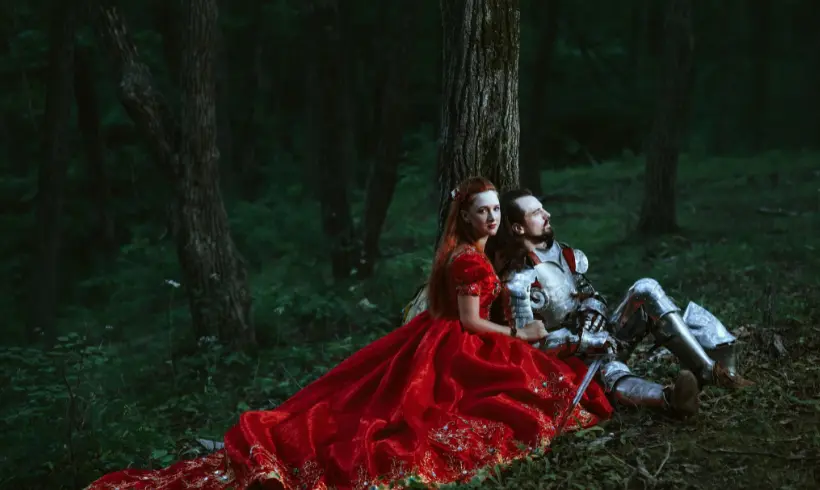
Undoubtedly, the novel of chivalry is one of the most influential narrative subgenres in the world, specifically because of its…


